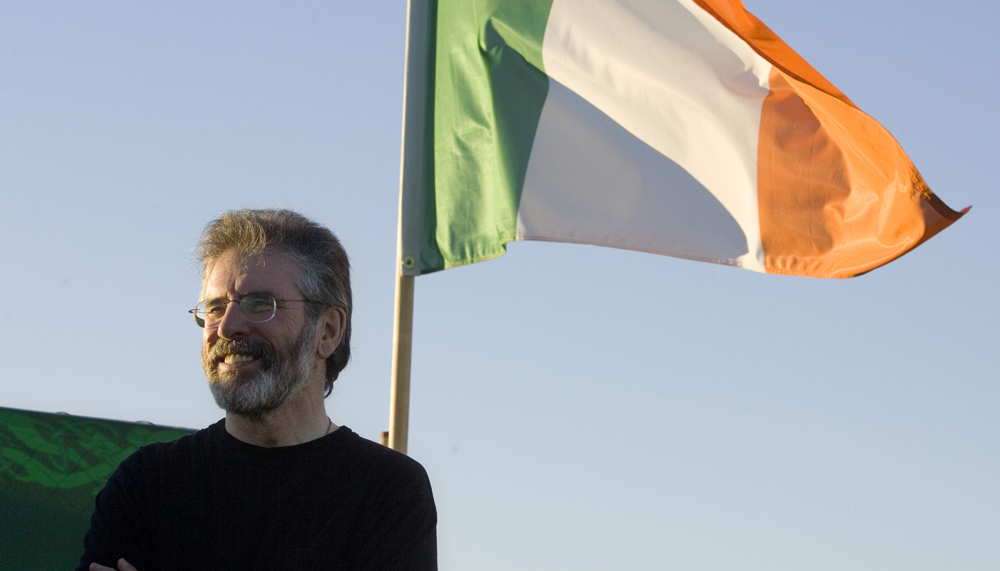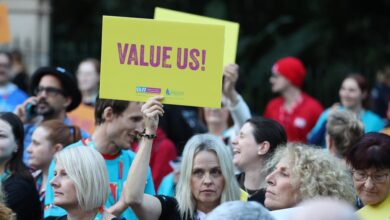All that’s said can’t be undone

Madonna Grehan offers health researchers a timely reminder of the power and pitfalls of oral history.
When it comes to health history and nursing, there are all sorts of complex subjects: abortion; adoption; the care of the mentally ill and the aged and so on. Each one is worthy of investigation using eyewitnesses to record events and movements.
Oral history is a wonderful and useful method by which we can develop a better understanding of episodes in history and their effects – such as war or the emergence of novel treatments in healthcare. However, it must be remembered oral history is a serious method that requires the same level of preparation in design and implementation as any other research practice.
For instance, an oral history that seeks to understand nurses and their workplaces in the 1950s, ’60s or ’70s might uncover examples of bullying and disclose extramarital affairs, drug-taking or even nursing practice that does not meet community expectations today.
A timely reminder of the power of oral history is the example of Gerry Adams, an Irish politician, who was arrested in late April for questioning over the disappearance of Jean McConville in 1972. McConville, a 38-year-old widowed mother of 10, had been forcibly taken from her Belfast flat in front of her children, allegedly by members of the Irish Republican Army (IRA), a paramilitary force operating in Northern Ireland. Her body was found in 2003.
McConville’s killing and numerous others occurred during a 30-year period of conflict known as The Troubles. In the late 1990s, a peace deal, to which Adams was a major contributor, brought an end to this longstanding battle, but many questions remained about other unexplained disappearances and deaths that occurred during the Troubles. On the basis that insiders’ stories would contribute to a better understanding of this period in Northern Ireland’s past, an oral history study named the Belfast Project was implemented in the early 2000s.
The Belfast Project began with admirable intentions. Conducted by Boston College, a Catholic University in the US state of Massachusetts with academic and cultural links to Ireland, it aimed to capture the views and experiences of those involved in the Troubles before those memories were lost. The project was recognised as covering difficult and contentious terrain. Quite apart from the basis of the Troubles themselves, the peace process that ultimately ended the conflict was not universally supported by paramilitary organisations, leading to ongoing tensions. On top of that, interviewers for the Belfast Project had been members of paramilitary forces themselves. The project was conducted in secret. Initially, there was concern about the motivations of interviewees and what they might place on the record. Boston College was conscious of this complexity. Researchers and interviewees were assured that any audio recordings would not be released without an individual’s expressed permission or until after his/her death, so far as the US legal system would permit.
Neither the Belfast Project staff nor that of Boston College anticipated the consequences of undertaking this oral history study.
Here’s what happened. Following the deaths of two interviewees, it became possible to analyse their recordings and publish edited extracts from them. Amongst other revelations, both interviewees implicated Adams in McConville’s disappearance. There is no end yet to this story, as legal action in several directions continues, but police in Northern Ireland sought to have access to these two recordings, in full, from the Belfast Project. As all of those involved in this oral history were to find to their distress, the guarantee of ultimate confidentiality did not hold up in a court of law. The two interviews were subpoenaed, as were several others, and this April, Adams was arrested and questioned.
In planning such a project, it is imperative that researchers develop protocols for responding to such declarations and disclosures during interviews. Beth Robertson’s Oral History Handbook is a good place to start.
Without careful planning, a project can produce consequences that aren’t foreseen at the time of the interviews. Oral histories are usually recorded in full, without editing, so that what is said can’t be ‘unsaid’. Interviewing people might seem harmless enough, but it has enormous potential to injure reputations of individuals and institutions, as the Belfast Project amply shows. Interviewers therefore have an obligation to understand the laws of libel and defamation and to explain the dangers to their interviewees.
Ultimately, it’s essential for oral history researchers to think about their motivations in pursuing a particular subject, that is: asking what’s the point of it? At the 2012 conference of the Oral History Network of Ireland, Anthony McIntyre, the main interviewer for the Belfast Project and himself a former member of the IRA, reflected on his involvement in the research. He lamented that the work had all been for nothing because no material from the Belfast Project could be used. As McIntyre says, the Belfast Project should “serve as a salutary lesson to oral historians who opt to capture narratives of an acutely sensitive nature”. His words are timely advice to all who work in oral history.
A transcript of McIntyre’s paper, The Belfast Project and the Boston College Subpoena Case, is available at: http://bit.ly/1kjEtwW
Dr Madonna Grehan is a registered nurse, historian and director of the Australian Nursing and Midwifery History Project.
Email: [email protected]




